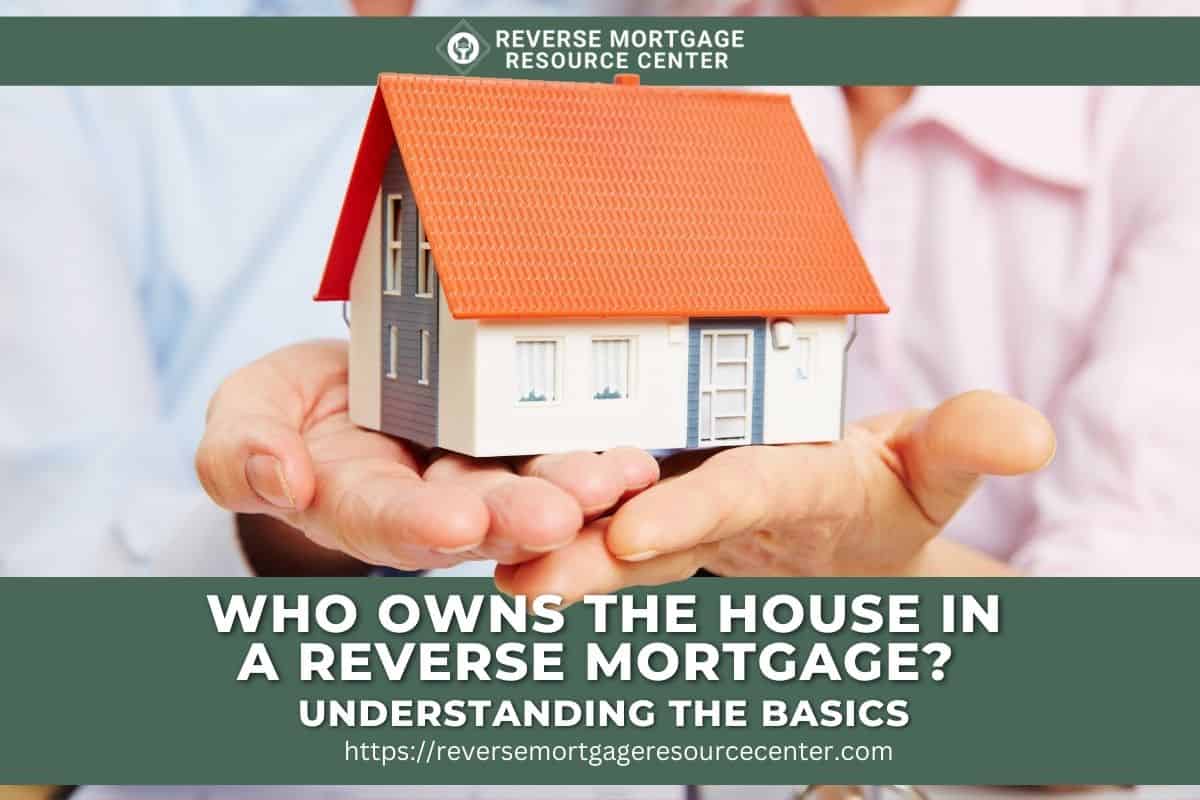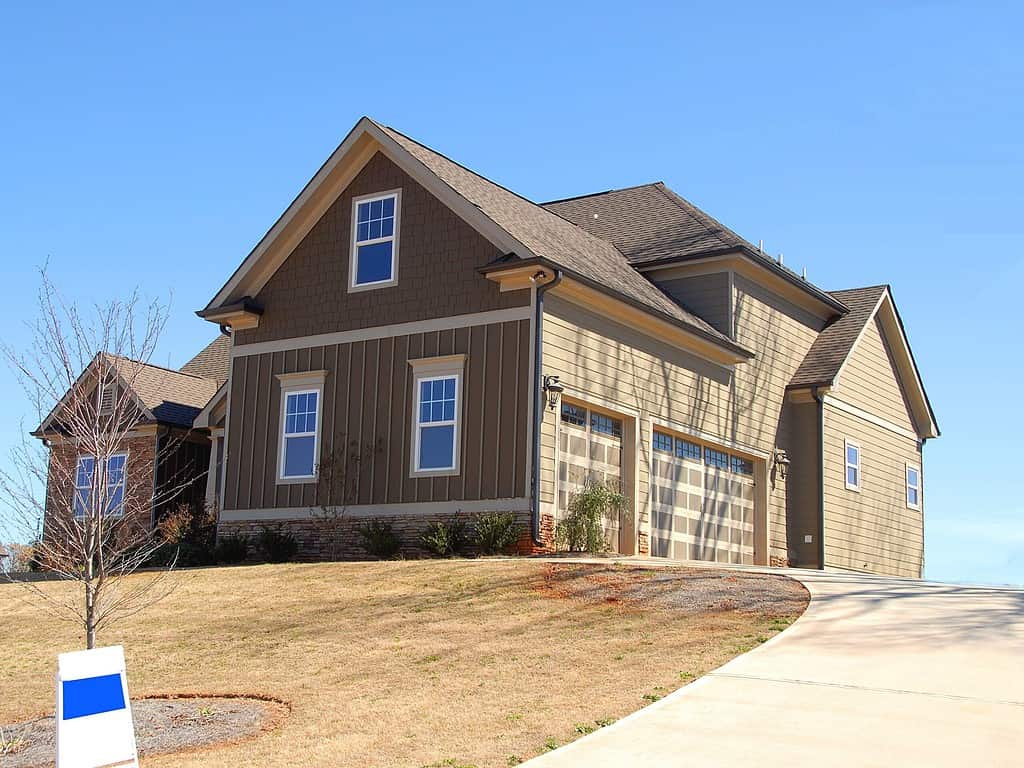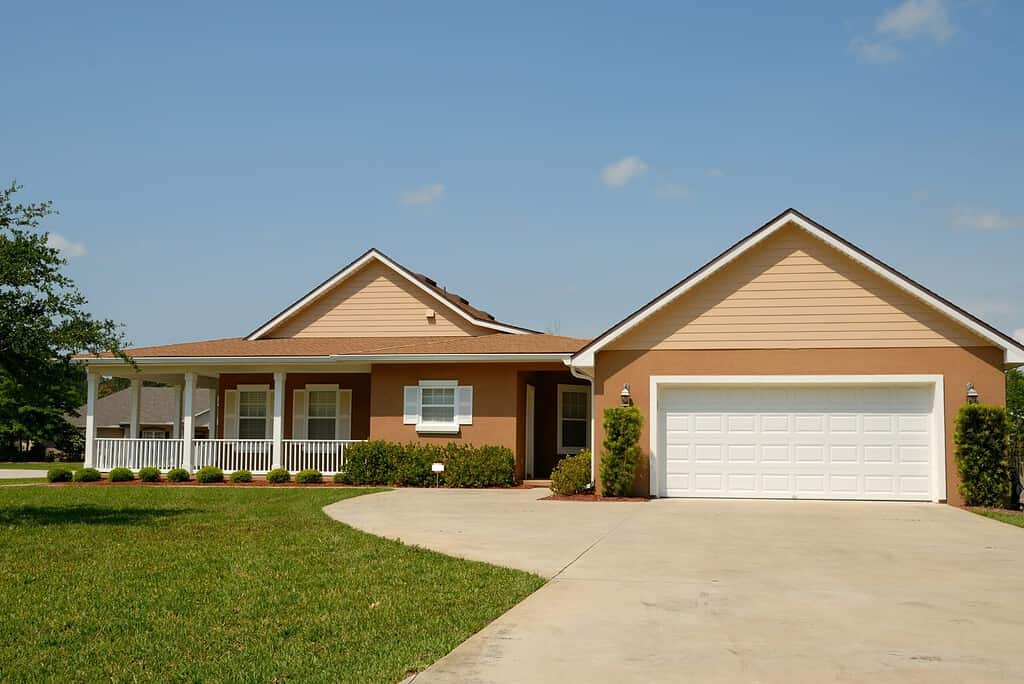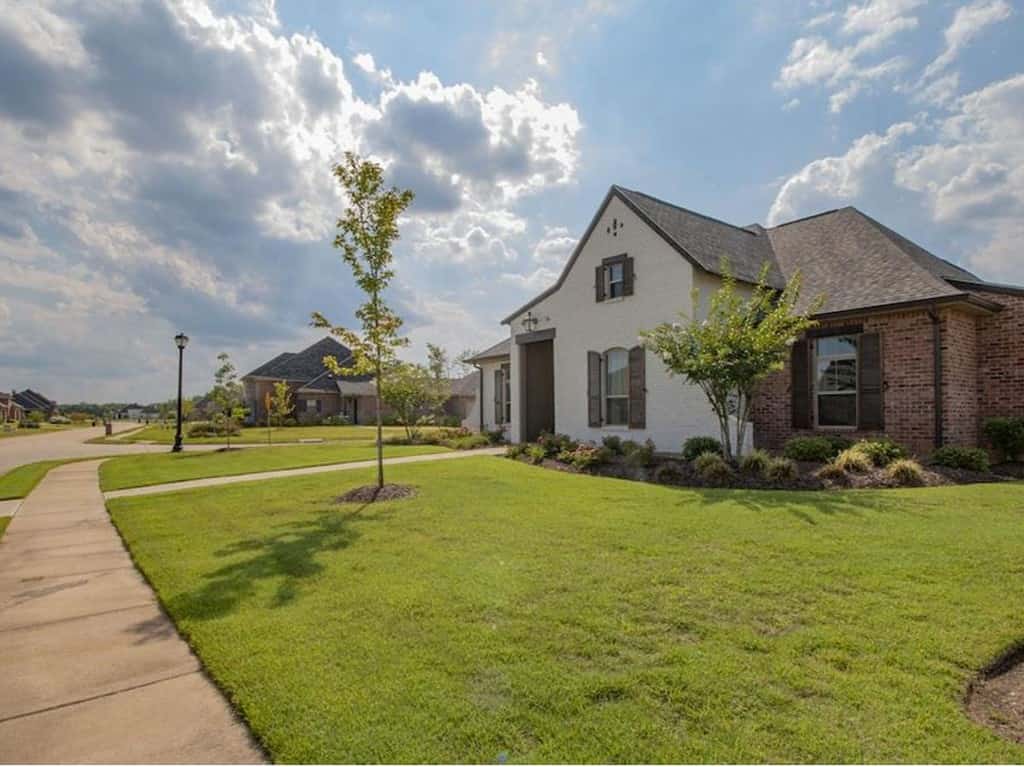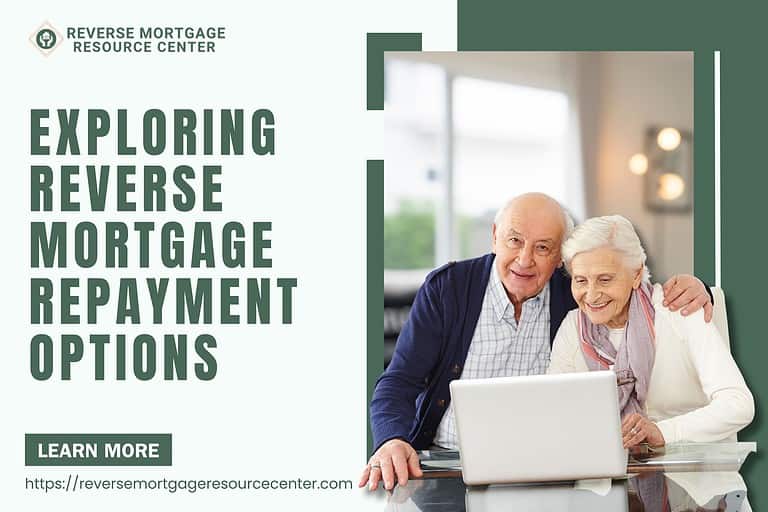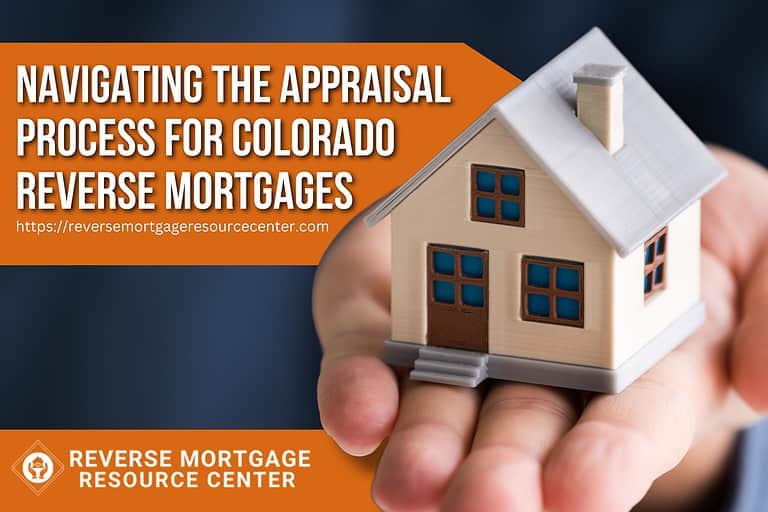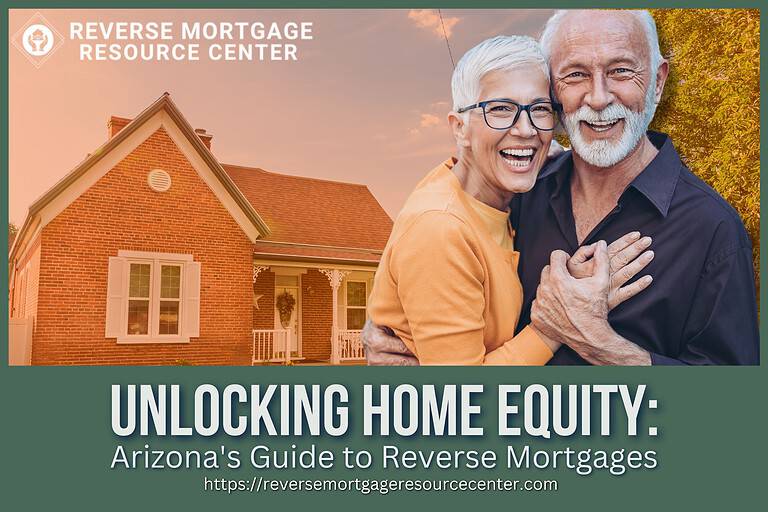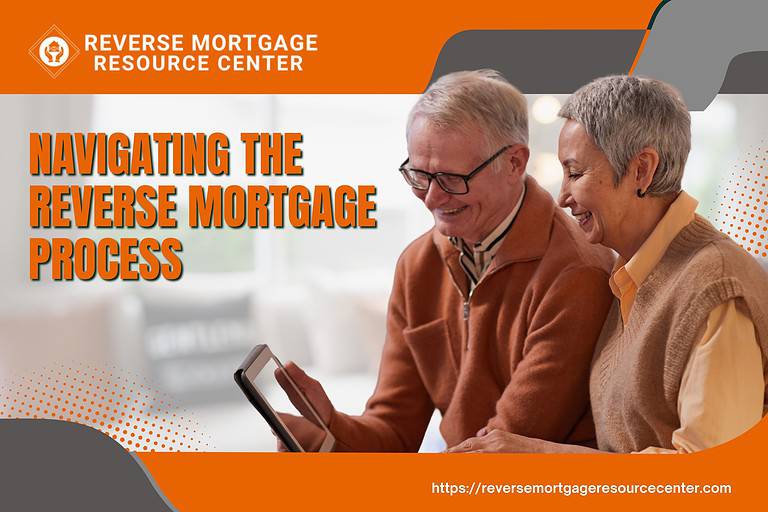Who Owns the House in a Reverse Mortgage? Understanding the Basics
Do you worry about who will own your home after you pass away if you have a reverse mortgage? It’s a frequent inquiry among property owners who prefer not to sell their homes to cash in on their equity. It is crucial for retirees and the elderly to fully grasp the ins and outs of reverse mortgages before committing to one.
This post will discuss who technically owns a home with a reverse mortgage, how that changes over the loan’s term, and what happens after the borrower dies. This article will give essential insights and information to help you make an educated choice on reverse mortgages, whether you are just beginning your research or are ready to take the next step.
Who Owns the House in a Reverse Mortgage?
Knowing the home’s legal owner is crucial when considering a reverse mortgage loan. Since reverse mortgages are for a primary residence, you wouldn’t want to risk losing your title without collecting all the relevant information. The upside of a reverse mortgage is that it allows you to keep your house while accessing its equity.
A reverse mortgage lender will have a security interest in the property as is the case with “traditional” forward mortgages. And just like a traditional mortgage, you are still responsible for keeping the home in good condition, maintain and pay for homeowners insurance, and stay current on the taxes. As long as you do these things, you are free to stay on your property until you move, sell the property, or pass away. You’ll notice that there is no “mortgage payment” to be made. That’s why people who want to tap into their home’s equity without selling their home take advantage of the reverse mortgage’s adaptability.

Can You Take Out a Reverse Mortgage?
Are you considering a reverse mortgage but wondering if it’s viable? We can help you answer that question. You can generally take out a reverse mortgage if you meet specific qualifications. Reverse mortgages are a popular option for homeowners 62 and older looking for ways to access the equity in their property without having to sell it. The process of applying for a reverse mortgage is similar to that of a traditional mortgage.
The loan amount you can receive depends on the value of the home, any current liens to be paid off with the reverse mortgage, the interest rate, and credit scores. With a reverse mortgage, you can use the proceeds to pay off existing debts, make home improvements, supplement your income, and more. It’s a great way to utilize your home’s equity to live a comfortable life in retirement.
How to Pay off the Loan?
You pay off a reverse mortgage the same as you do a traditional mortgage. The most common are:
- Sell the home, and use a portion of the loan proceeds to pay off the reverse mortgage
- Refinance and pay off the reverse mortgage with loan proceeds
- Repay the loan with any personal funds prior to a sale or the borrower’s passing
- Use the borrower’s estate funds after passing
How the Ownership of the House Is Affected by a Reverse Mortgage?
When it comes to reverse mortgages, understanding how the ownership of your house is affected is crucial. You may be wondering if you will have to give up your home once you take out the loan, or if you’ll be able to pass it down to your heirs. The truth is that with a reverse mortgage, you retain ownership of your home throughout the loan term. As discussed earlier, the lender holds a lien on the property, but you can continue to live in your home for as long as you like, as long as you maintain, insure, and remain current on the taxes.
You can sell or transfer the property anytime, at which time the loan must be paid in full. Upon one’s passing, heirs can pay off the loan and keep the home, sell the property and use the proceeds to pay off the loan, or in some cases, they’ll let the lender foreclose on the property if the amount owed is greater than the value of the home. In each scenario, you get to use your home’s equity now without losing ownership, and in the odd occurrence that the loan balance is greater than the value of the home at the time of one’s passing, heirs ARE NOT responsible to pay any shortages.
How Is the Ownership of the House Affected by the Death of the Borrower?
Regarding reverse mortgages, a prevalent worry is what happens to the property following the borrower’s death. Most people want to guarantee that their loved ones inherit the property as part of their legacy. With a reverse mortgage, the borrower’s heirs have many ownership choices for the home. The most frequent option is for the heirs to repay the debt and retain ownership of the property using estate funds. Others pay off the loan using personal cash, refinancing the property, purchasing the property, or similar.
The heirs may also consider selling the property and using the money to repay the debt. The lender does have the option of foreclosing on the property so the heirs must make sure to begin evaluating the options as quickly as possible after death. The beauty of a reverse mortgage is that it allows the borrower’s heirs to choose between keeping the property and enjoying the advantages of homeownership, selling the property, or letting the lender foreclose if the loan balance is more than the value of the home.
How Is the Ownership of the House Affected by the Selling of Property?
When it comes to reverse mortgages, many homeowners worry about how selling their home affects their property ownership. In any case, the property is likely to be your most valuable asset. Therefore, you want to ensure you’re making the best option for its sale. With a reverse mortgage, you maintain ownership of your house for the duration of the loan. The property may be sold anytime, at which point the reverse mortgage balance would need to be paid off from the proceeds of the sale.
When you sell your home, the earnings are used to repay the reverse mortgage. Depending on the conditions of the loan, the borrower or their heirs will get any leftover cash. it’s always a good idea to talk with your lender or a real estate agent to ensure you’re receiving the best deal possible.
Conclusion
Understanding who owns the house is essential when applying for a reverse mortgage. A reverse mortgage is a loan that allows homeowners 62 and older to access the equity in their property without having to sell it. The borrower retains ownership of the property throughout the loan term, as long as the borrower maintains the property, has adequate and current homeowners insurance, and is current on property taxes. The lender holds a lien on the property, but borrowers can use the loan’s proceeds for various purposes.
REVERSE MORTGAGE RESOURCE CENTER ~LIVE LIFE ON YOUR TERMS~
Our Lending Team has been serving our clients since 2004. We are passionate about serving our clients with integrity to help them achieve their financial goals.

